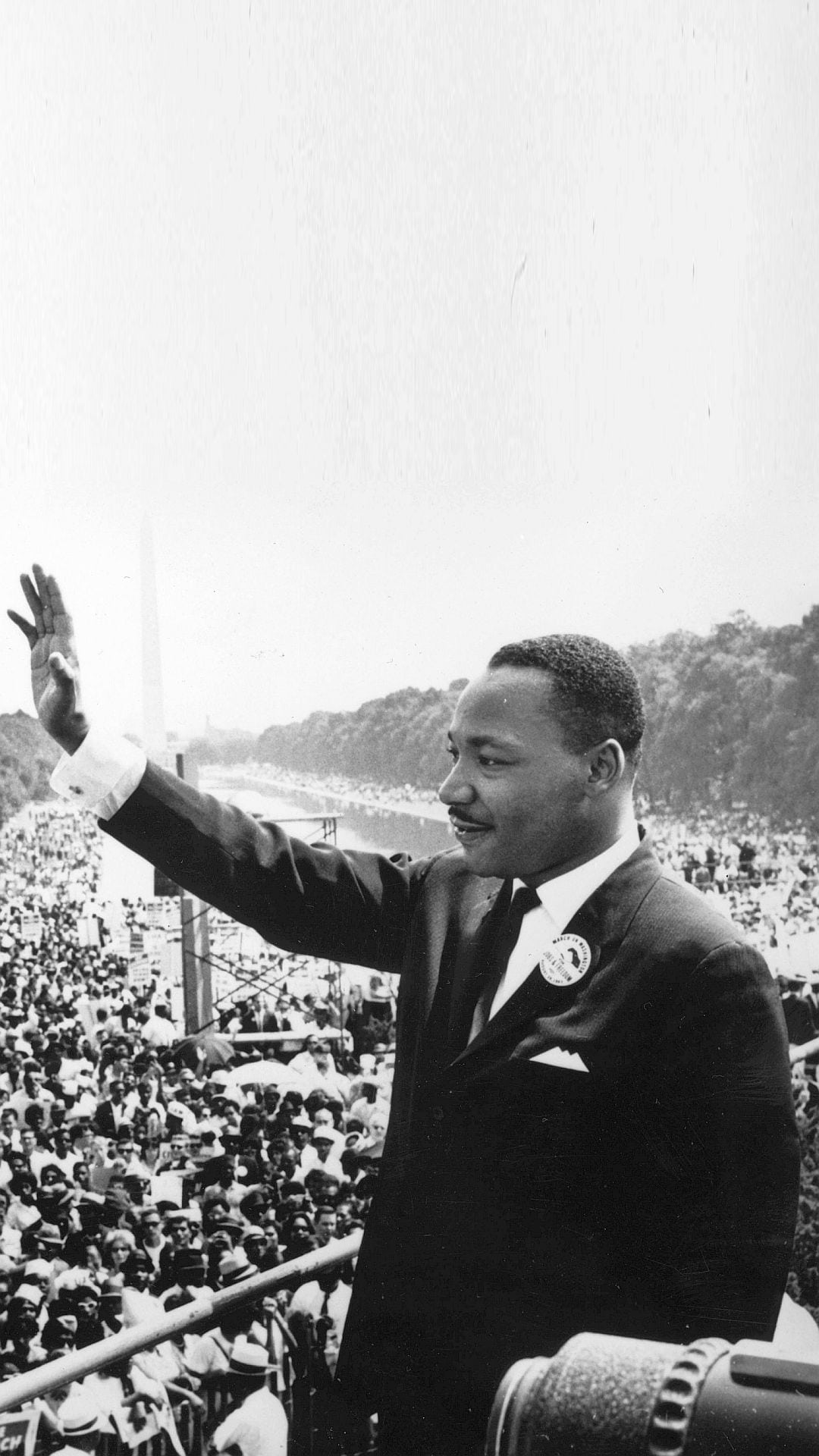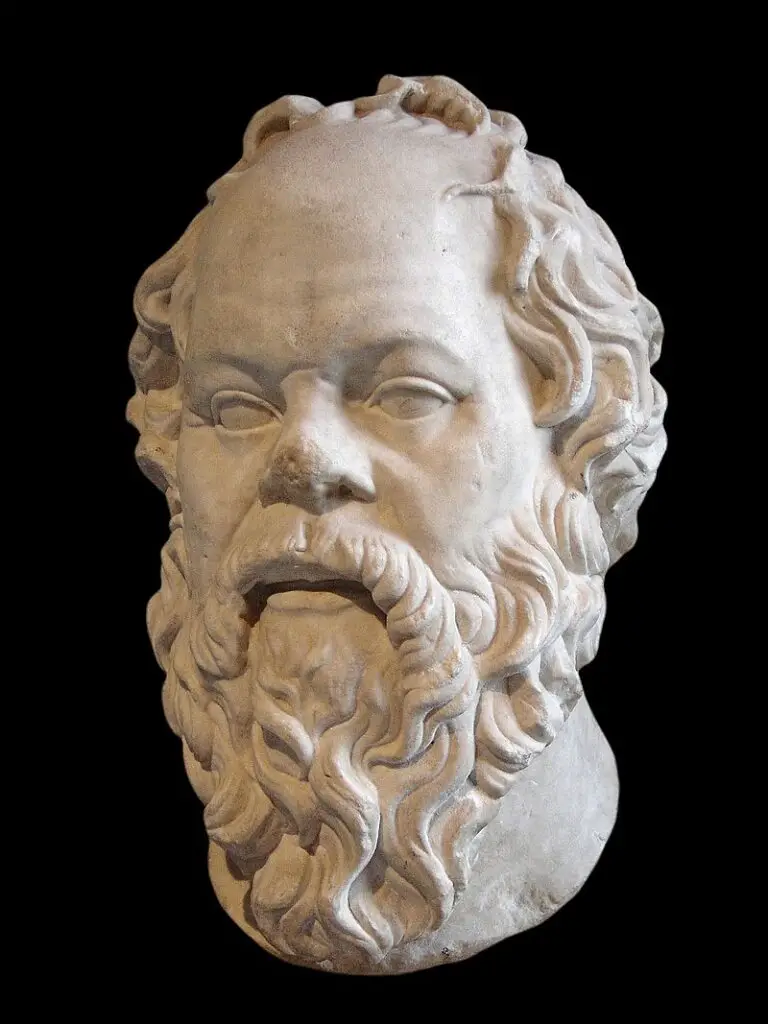Martin Luther King Jr. (1929–1968) was a prominent American civil rights leader, minister, and advocate for nonviolent civil disobedience. He played a pivotal role in the American civil rights movement during the 1950s and 1960s, striving for racial equality and justice. King is best remembered for his inspiring speeches, including the iconic “I Have a Dream” speech delivered during the March on Washington in 1963. His efforts contributed significantly to the advancement of civil rights and the eventual end of racial segregation in the United States.
Martin Luther King Jr. was born into a family rooted in the African American church tradition. His father, Martin Luther King Sr., was a Baptist minister, and his mother, Alberta Williams King, was a former schoolteacher. King’s childhood was marked by the stark realities of racial segregation in the Southern United States during the 1930s and 1940s. The young King experienced firsthand the indignities of segregation, such as separate schools, water fountains, and public facilities for African Americans.
King’s early education was characterized by exceptional academic achievements. He skipped both the ninth and twelfth grades, entering Morehouse College in Atlanta at the age of 15. It was during his time at Morehouse that King’s intellectual and moral development began to take shape. He was exposed to a range of ideas and philosophies, including the teachings of Mahatma Gandhi, whose philosophy of nonviolent resistance profoundly influenced King’s later activism.
After earning a bachelor’s degree in sociology from Morehouse College, King continued his studies at Crozer Theological Seminary in Chester, Pennsylvania. There, he delved into theology and philosophy, refining his understanding of nonviolent resistance and social justice. In 1951, King received his Bachelor of Divinity degree and, in 1955, earned his doctorate in systematic theology from Boston University.
While in Boston, King met and married Coretta Scott, who would become a vital partner in his personal and activist life. The couple had four children: Yolanda, Martin Luther III, Dexter, and Bernice. Coretta, an accomplished musician and activist in her own right, would later play a significant role in advancing the civil rights movement alongside her husband.
King’s involvement in the civil rights movement gained momentum when he accepted the pastorate at Dexter Avenue Baptist Church in Montgomery, Alabama, in 1954. Shortly thereafter, he became engaged in civil rights activism, particularly after the arrest of Rosa Parks in December 1955 for refusing to give up her bus seat to a white person. This event marked the beginning of the Montgomery Bus Boycott, a pivotal moment in the civil rights movement.
King emerged as a central figure in the boycott, serving as its spokesperson and strategist. His commitment to nonviolent protest, inspired by Gandhi’s philosophy of Satyagraha, resonated with the African American community and garnered national attention. The boycott lasted 381 days, leading to a Supreme Court ruling in 1956 declaring racial segregation on public buses unconstitutional.
The success of the Montgomery Bus Boycott catapulted King into the national spotlight, and he, along with other civil rights leaders, established the Southern Christian Leadership Conference (SCLC) in 1957. The SCLC aimed to coordinate and support nonviolent direct action as a means of achieving civil rights reforms. King’s leadership role within the SCLC solidified his position as a prominent voice in the struggle for racial equality.
King’s commitment to nonviolent resistance faced its greatest test during the Birmingham campaign in 1963. Facing harsh repression from local authorities, King and other activists organized mass protests, including sit-ins, marches, and boycotts. The campaign drew international attention, with images of police brutality and the use of police dogs and fire hoses against peaceful protesters creating a moral outcry.
It was during this tumultuous period that King penned his famous “Letter from Birmingham Jail.” In response to criticism from fellow clergy who urged moderation and patience, King articulated the urgency of the civil rights cause, the moral imperative to fight injustice, and the necessity of direct action. The letter stands as a powerful testament to King’s eloquence, moral clarity, and unwavering commitment to justice.
The apex of King’s activism came with the historic March on Washington for Jobs and Freedom on August 28, 1963. Organized by a coalition of civil rights groups, the march brought together over 200,000 demonstrators from various backgrounds to advocate for civil and economic rights for African Americans. It was on the steps of the Lincoln Memorial that King delivered his iconic “I Have a Dream” speech, a moving and visionary call for racial harmony and equality.
King’s dream extended beyond the immediate goal of desegregation to encompass a broader vision of economic justice and societal transformation. He advocated for fair wages, decent housing, quality education, and an end to poverty. King’s commitment to economic justice became more pronounced in the latter part of his life, leading to the launch of the Poor People’s Campaign in 1968.
The latter years of King’s life were marked by both triumphs and challenges. He was awarded the Nobel Peace Prize in 1964, becoming the youngest recipient at that time. However, the escalating violence and resistance to the civil rights movement, coupled with internal divisions within the movement, presented formidable obstacles.
King faced criticism from some African American leaders who believed in more radical approaches, as well as from white supremacists who opposed any progress towards racial equality. The Selma to Montgomery marches in 1965 underscored the continued struggle for voting rights, with activists facing brutal attacks from law enforcement on the Edmund Pettus Bridge. The Voting Rights Act, signed into law later that year, was a significant legislative victory for the civil rights movement.
In his quest for economic justice, King initiated the Poor People’s Campaign in 1968. The campaign aimed to address systemic poverty and inequality, advocating for economic reforms and policies that would uplift all Americans, regardless of race. Unfortunately, King did not live to see the campaign’s full fruition.
On April 4, 1968, Martin Luther King Jr. was assassinated while standing on the balcony of the Lorraine Motel in Memphis, Tennessee. His death sent shockwaves across the nation and the world, leading to an outpouring of grief and protests. King’s legacy, however, endured and continued to inspire generations of activists and advocates for social justice.
The federal government posthumously awarded King the Presidential Medal of Freedom in 1977, and Martin Luther King Jr. Day was established as a national holiday in 1983, observed on the third Monday of January each year. The holiday honors King’s contributions to civil rights, equality, and nonviolent protest.
Martin Luther King Jr.’s impact extends beyond the United States. His philosophy of nonviolent resistance influenced movements for civil rights and social justice worldwide. Nelson Mandela, a key figure in the anti-apartheid struggle in South Africa, acknowledged King as an inspiration. King’s principles of justice, equality, and nonviolence reverberate through contemporary struggles for human rights and dignity.










